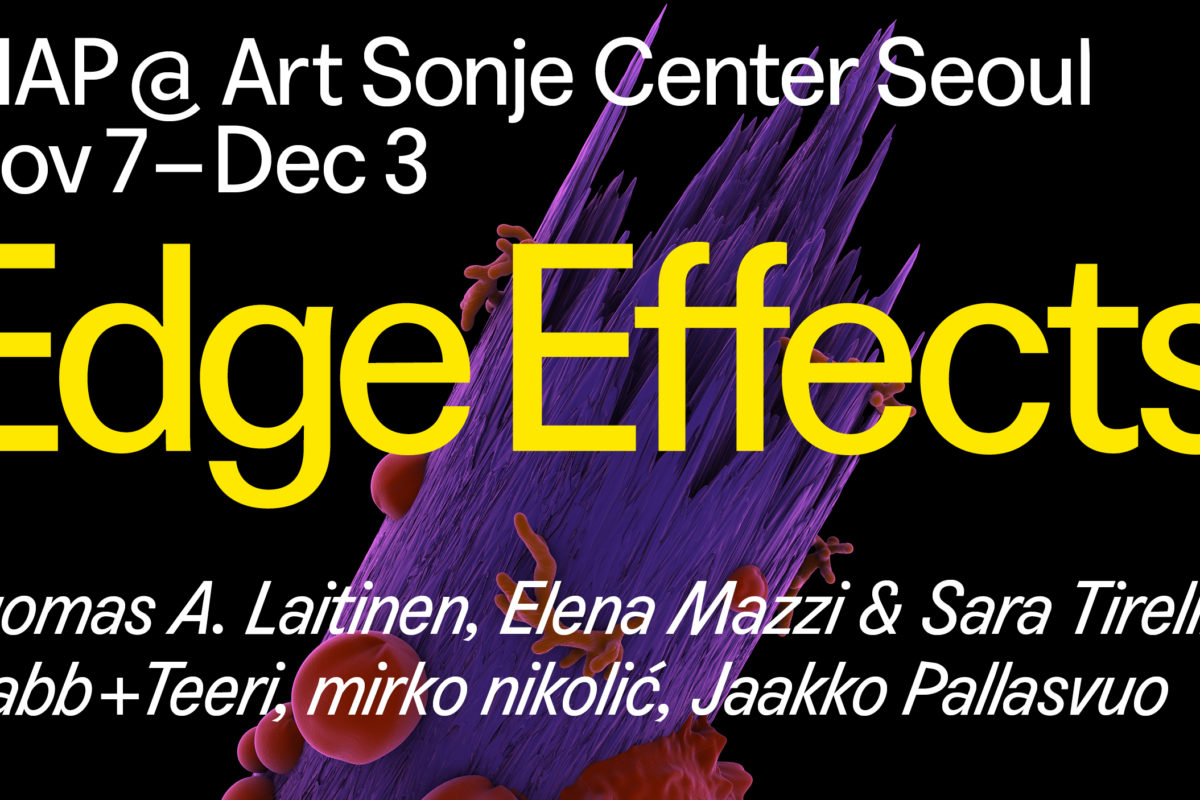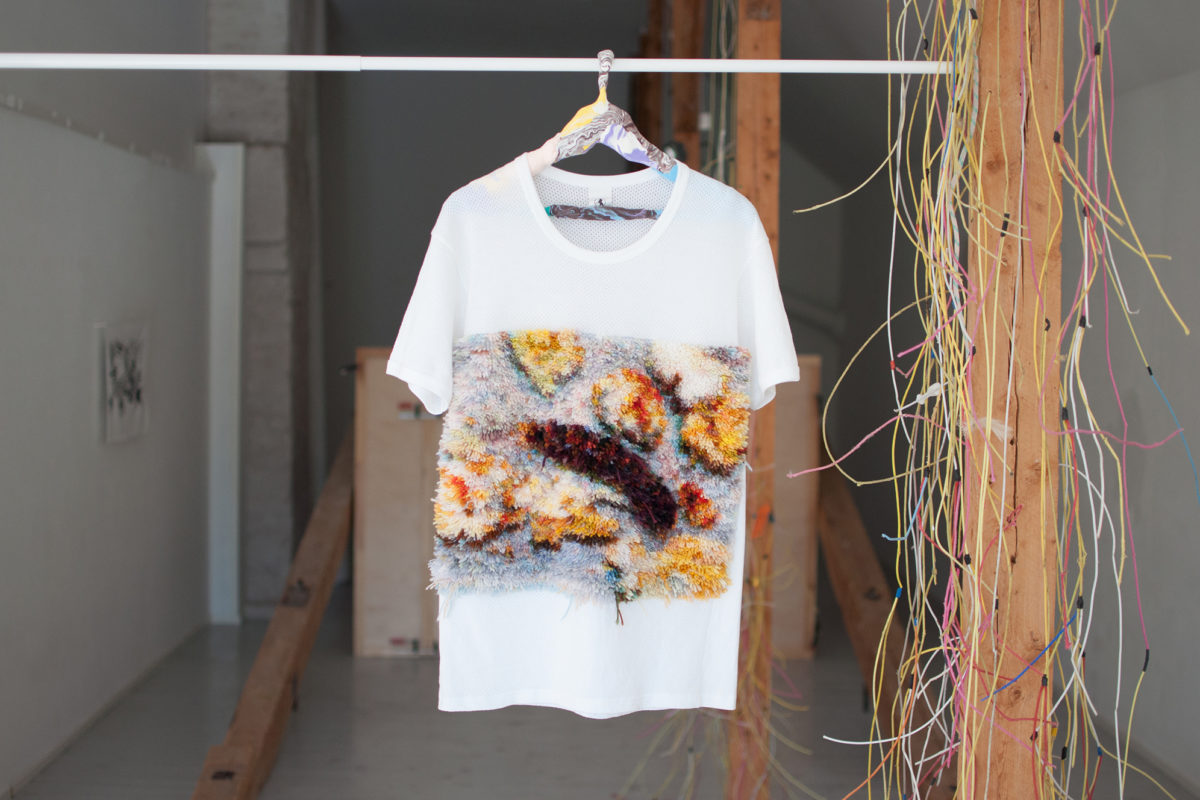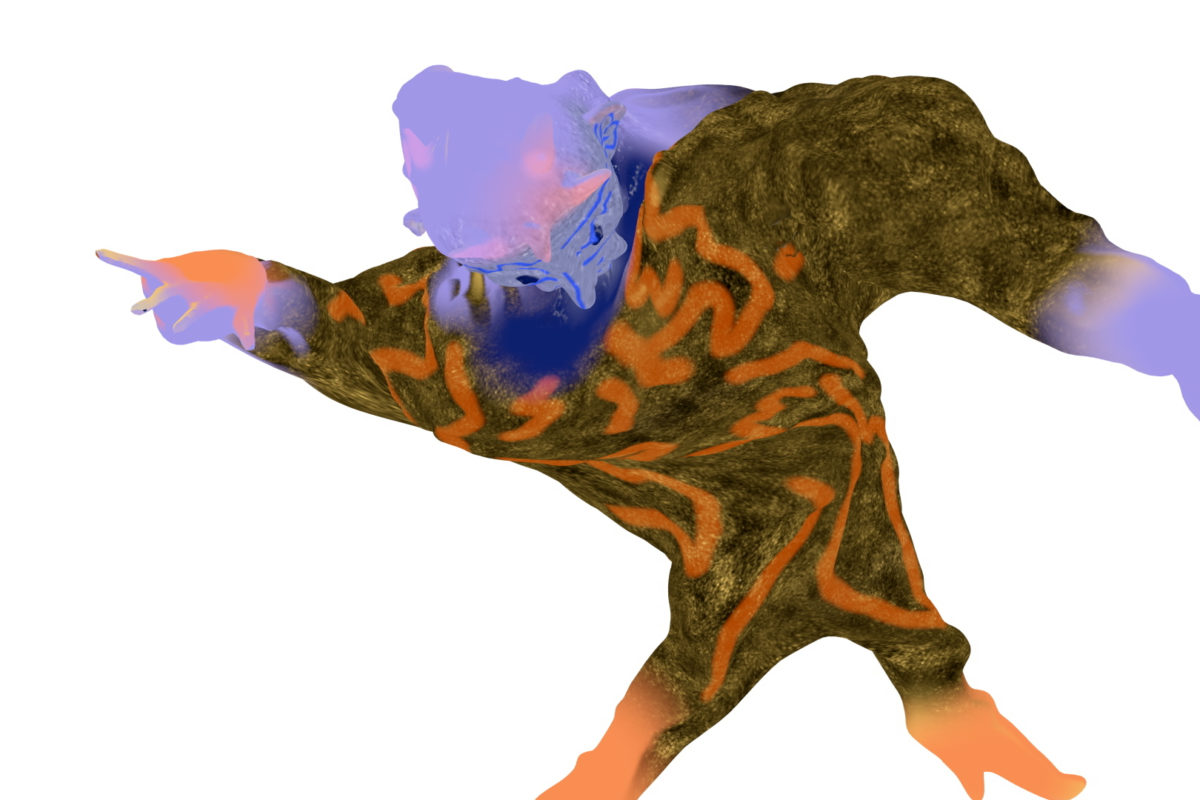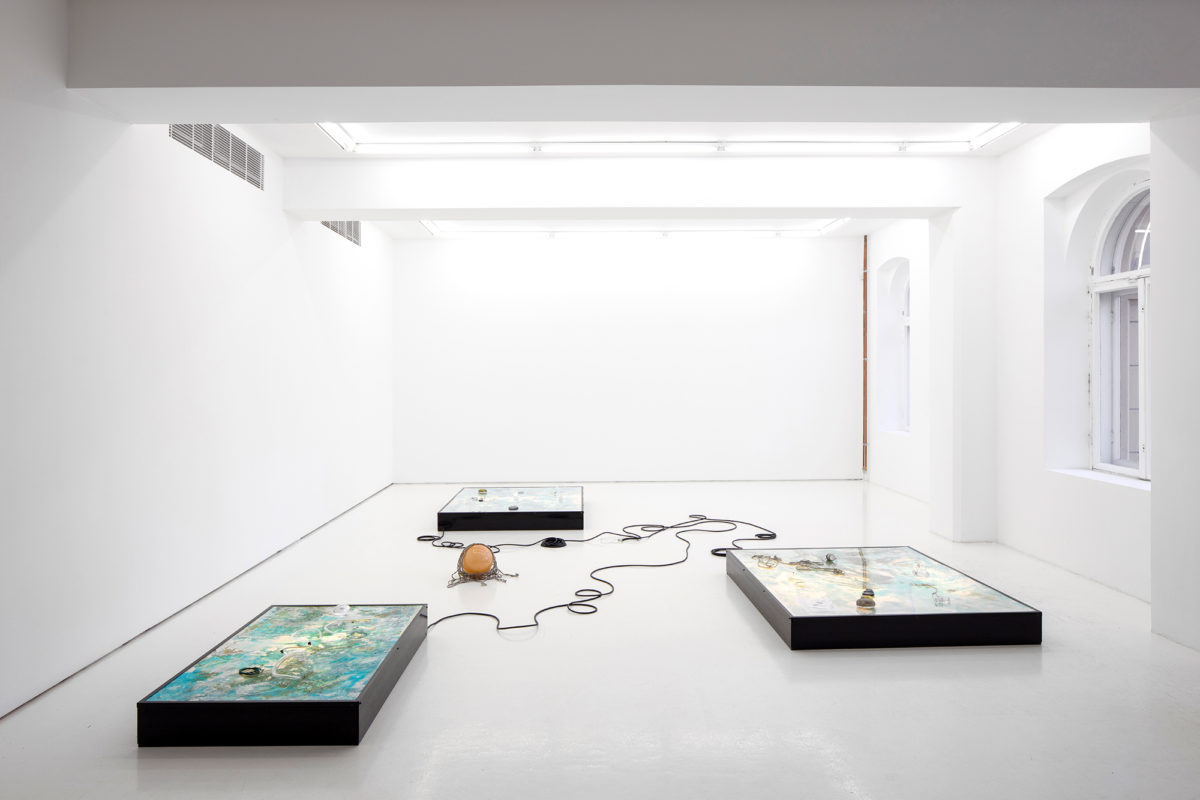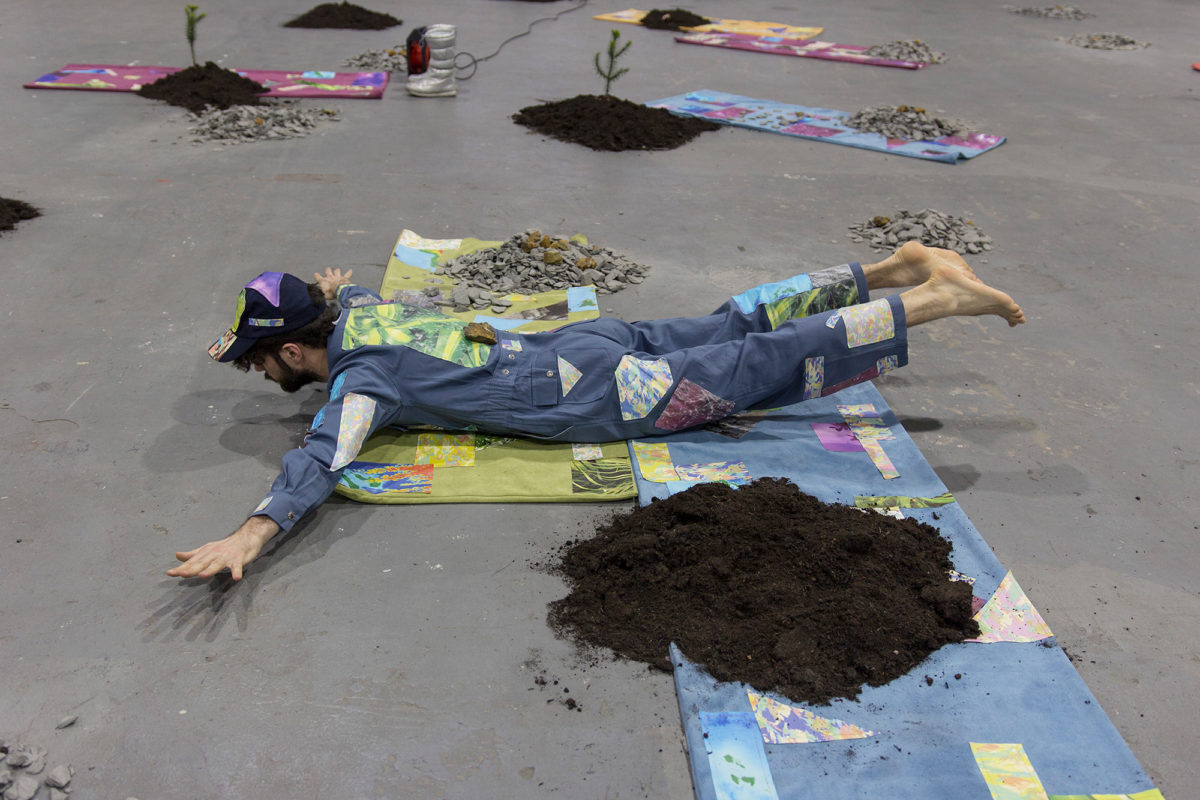3 Dec 2018
Events
Frontiers in Retreat: Edge Effects HIAP @ Art Sonje Center
ART SONJE CENTER PROJECT #7
FRONTIERS IN RETREAT: EDGE EFFECTS – ACTIVE EARTH
Artists
Elena Mazzi & Sara Tirelli (Italy)
mirko nikolic (Serbia / UK)
Nabb+Teeri (Finland)
Tuomas A. Laitinen (Finland)
Jaakko Pallasvuo (Finland)
Curator
Jenni Nurmenniemi
Frontiers in Retreat Learning Sessions Co-curators
Bora Hong, Haeju Kim, Hyejin Yeo, Jenni Nurmenniemi & guests
#FiRedgeeffects #frontiersinretreat
EDGE EFFECTS IN SEOUL: ENTANGLED ECOLOGIES
– Jenni Nurmenniemi, Curator
Ecology is about perspective, really. There is no such thing as ‘nature’ or ‘environment’ distinct from human life. Instead, we are part of entangled processes and ecosystems: quantum, biological, affective, social, political, economic, and technological among countless others.
While imagining future biomes, bodies and ways of being, the artists in the Edge Effects: Active Earth exhibition tackle these enmeshed ecologies through syntheses of different materials, methods and philosophical registers. While doing so, they dissolve the notion of ecological questions as something separate from our everyday existence.
Complex, subtle and often obscured codependencies between humans and other life forms are the focus of the Seoul chapter of the exhibition series. The conceptual key to the exhibition, reflected in the setup of the exhibition space, is entanglement – ever-changing, knotty relations between all forms of matter. What emerges is a porous, living ecosystem.
At present, human lives are mostly earth-bound, despite the persistent fantasies of transforming into interplanetary dwellers. Techno-fixated fantasies are often built on hopes of escaping the boundaries of our bodies and planet. Dreams of thriving space colonies fuel utopian ideas of infinite growth and expansion to ever new frontiers. Counterproductively, they allow people not to learn how to keep on living on Earth. Concepts such as ‘virtual’ and ‘immaterial’ are integral to these fantasies, and they blur the fact that even the most sophisticated technologies are based on materialities and physical conditions of our solar system. In this sense, these technologies are not opposed to ‘nature’.
As they challenge the outdated idea of nature and culture as opposites, the artists in the exhibition utilise anti-representational approaches. Rather than reinforcing the divide by romanticising and creating new representations of so called nature, their artworks make palpable the subtle connections that form all life on Earth.
Humans have evolved with technologies based on specific materialities and inter-species relationships. Therefore, so-called environmental questions have to be considered in connection with the technological, economic, political, and other aspects of human existence.
All this said, in this exhibition humans are definitely not in the limelight. Ecological perspective is born from the recognition of the infinite and intimate ways in which our lives are interwoven with non-human life forms, such as with microbes, plants and mushrooms. Life on Earth is all about sympoiesis (making-with) rather than autopoiesis (self-organising individuals or systems with clear boundaries). [1] ‘The arts of living on a damaged planet’ call for us to better understand how things work together, how everything is entangled, and how we might develop abilities to respond to the world we inhabit.
Frontiers in Retreat is funded with support from the European Commission. This communication reflects the views only of the author, and the Commission cannot be held responsible for any use which may be made of the information contained therein.
The project is also supported by the Ministry of Education and Culture, Kone Foundation, Alfred Kordelin Foundation and AVEK.

